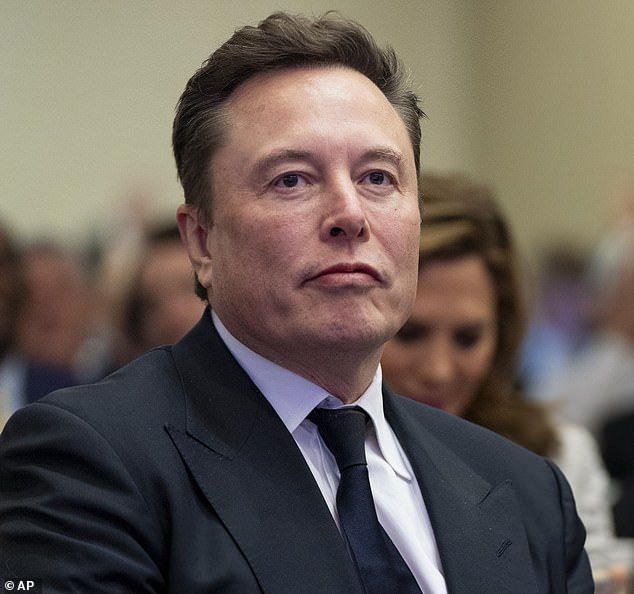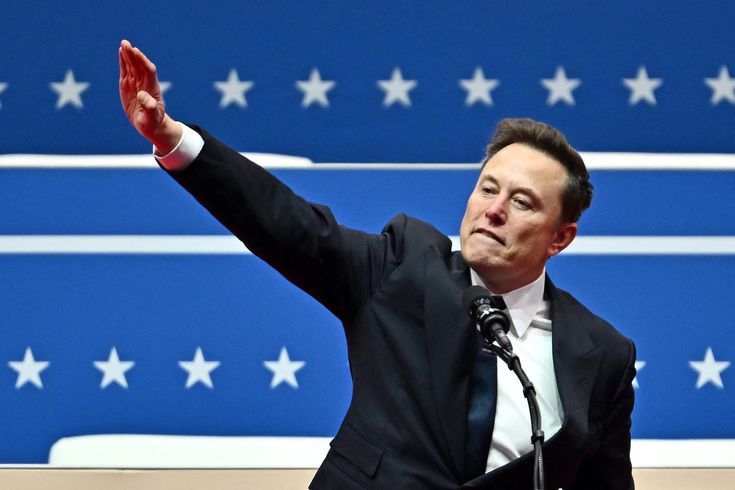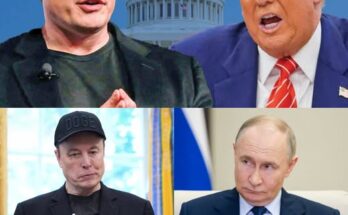As of 2025, Musk still holds a significant 13% stake in Tesla, which has seen tremendous success in electric vehicles (EVs), battery technology, and autonomous driving. This success has made Tesla the most valuable car manufacturer in the world, and it continues to drive Musk’s financial fortune.

Tesla’s rapid growth and innovation have revolutionized the automotive industry, shifting the global market’s focus to sustainability and clean energy. Tesla’s electric vehicles, such as the Model S, Model 3, Model X, and Model Y, have become synonymous with luxury, performance, and eco-friendliness, establishing Tesla as a leader in the EV space. Through continuous advancements in battery technology, Tesla has also made significant strides in energy storage solutions, with its Powerwall, Powerpack, and Solar Roof products. These innovations have not only propelled the company forward but have also solidified Musk’s reputation as a visionary leader in the clean energy movement.
The company’s value skyrocketed due to its consistent performance and forward-thinking vision, but its stock price also experienced significant volatility. Despite this, Tesla has managed to weather challenges such as supply chain disruptions, regulatory scrutiny, and competition from established automakers entering the electric vehicle market. Musk’s leadership, along with the company’s technological advancements, has allowed Tesla to remain at the forefront of the EV revolution.
In addition to his holdings in Tesla, Musk’s wealth is also heavily tied to SpaceX, the private aerospace company he founded with the goal of reducing the cost of space travel and making life multiplanetary. As of December 2024, Musk owns 42% of SpaceX, which was valued at $350 billion. SpaceX’s advancements in reusable rocket technology have been a game-changer in the aerospace industry, significantly reducing the cost of launching payloads into space. This innovation has led to a new era of space exploration, with SpaceX playing a critical role in NASA’s missions, satellite deployments, and the development of the Starship spacecraft, which aims to eventually enable human missions to Mars.
NASA contracts have been instrumental in the growth of SpaceX, with the company providing commercial transportation services to the International Space Station (ISS) through its Crew Dragon spacecraft. SpaceX has also secured lucrative contracts for launching satellites and providing satellite internet services via its Starlink network. The company’s continued success in the space industry has helped Musk diversify his wealth, creating additional revenue streams that have contributed to his overall fortune.

Musk’s wealth has not only been built on Tesla and SpaceX, but also through a series of other ventures that complement his vision for technological progress. One of the more high-profile ventures is X, the social media platform formerly known as Twitter. Musk acquired Twitter in 2022, transforming it into a platform for free speech and decentralization. Since then, X has become a key player in the world of social media, with Musk implementing changes and innovations to address issues such as misinformation, censorship, and user engagement. X’s role as a digital platform has allowed Musk to expand his reach beyond the automotive and aerospace industries, positioning him as a major influencer in the realm of social media and communications.
Musk also launched XAI, his artificial intelligence company, to explore the potential of AI technologies. XAI’s mission is to advance the development of AI while ensuring that it benefits humanity. Musk, who has often expressed concerns about the potential dangers of artificial intelligence, founded XAI to address these issues and develop AI systems that are aligned with human values. XAI’s projects aim to push the boundaries of AI technology, focusing on creating intelligent systems that enhance human productivity, creativity, and problem-solving. Through XAI, Musk hopes to shape the future of artificial intelligence, ensuring that it is used for good and minimizing its potential risks.
Another key part of Musk’s business empire is The Boring Company, a tunnel construction firm he founded with the aim of revolutionizing urban transportation. Valued at $3.3 billion, The Boring Company seeks to build underground transportation tunnels to alleviate traffic congestion in major cities. The company’s most notable project, the Loop system, is designed to transport passengers in electric vehicles through underground tunnels, reducing travel time and emissions. The Boring Company’s infrastructure projects have the potential to transform urban transportation, making it faster, more efficient, and more environmentally friendly.
Musk’s wealth can also be attributed to his early ventures, including the $180 million he earned from the sale of PayPal, the online payment platform he co-founded. This sale provided Musk with the capital needed to launch his subsequent ventures, including Tesla and SpaceX. The proceeds from PayPal enabled Musk to reinvest in new technologies, setting the stage for his dominance in multiple industries.
While Tesla benefits from electric vehicle incentives and subsidies that promote the adoption of clean energy, SpaceX has capitalized on large contracts from NASA and other private clients. These contracts have been vital in driving the growth of SpaceX, enabling the company to expand its operations and develop groundbreaking technologies. Tesla and SpaceX’s ability to secure government contracts and incentives has played a pivotal role in Musk’s ability to grow his wealth, as these external factors reduce the financial risks associated with his ventures.
Musk’s wealth is deeply intertwined with the performance of his companies, and his fortune can fluctuate based on a variety of factors, including market conditions, technological advancements, and geopolitical events. For instance, Tesla’s stock price has been known to swing dramatically in response to quarterly earnings reports, regulatory changes, or the introduction of new products. Similarly, SpaceX’s valuation depends on the successful completion of major projects, such as missions to the ISS or the development of the Starship spacecraft. As a result, Musk’s financial standing is often subject to the ups and downs of the markets, making his wealth volatile but also reflective of the high-stakes nature of his entrepreneurial endeavors.
Despite these fluctuations, Musk remains one of the wealthiest individuals in the world, thanks to his ability to identify and capitalize on emerging technologies. His business ventures have reshaped industries ranging from automotive and aerospace to social media and infrastructure. Musk’s relentless pursuit of innovation and his commitment to solving complex global challenges have positioned him as a leader in multiple sectors, and his ability to continuously adapt and expand his empire has allowed him to remain at the top.
Looking forward, Musk shows no signs of slowing down. His continued expansion into new industries, such as artificial intelligence, infrastructure, and space exploration, ensures that his wealth will continue to grow as he tackles new challenges and pushes the boundaries of what is possible. With his visionary leadership, Musk is poised to remain a central figure in the world of technology and business for years to come, shaping the future of humanity through his innovative ideas and groundbreaking ventures.
In conclusion, Elon Musk’s wealth is a product of his ability to innovate and disrupt industries across the globe. His main wealth generators, Tesla and SpaceX, have allowed him to build a fortune that is both vast and volatile, while his other ventures, including X, XAI, and The Boring Company, have further expanded his influence. Musk’s ability to secure contracts, take on new challenges, and push the boundaries of technology has cemented his place as one of the most successful and influential entrepreneurs in modern history. His journey is a testament to the power of ambition, innovation, and the relentless pursuit of progress.
4o mini


